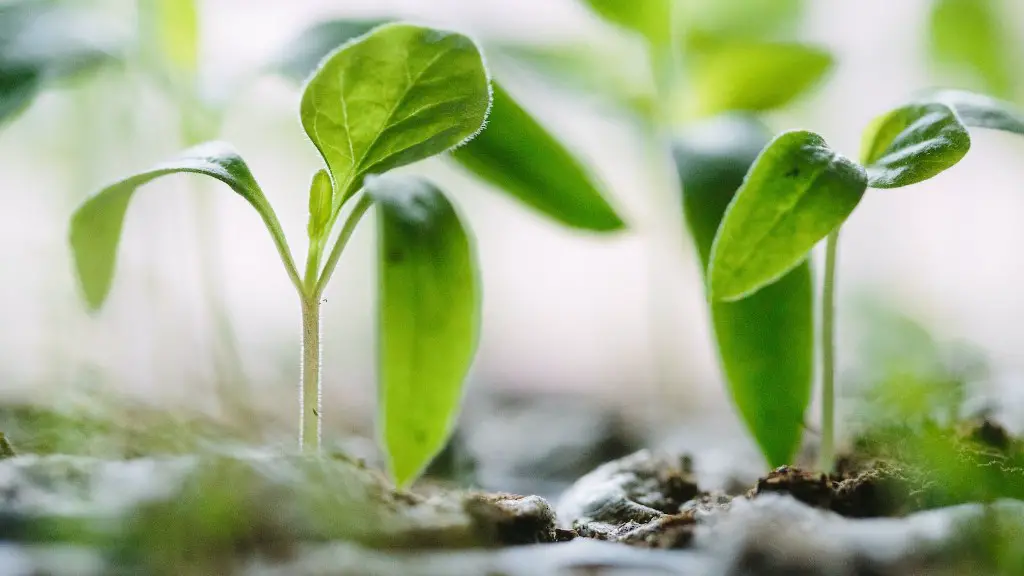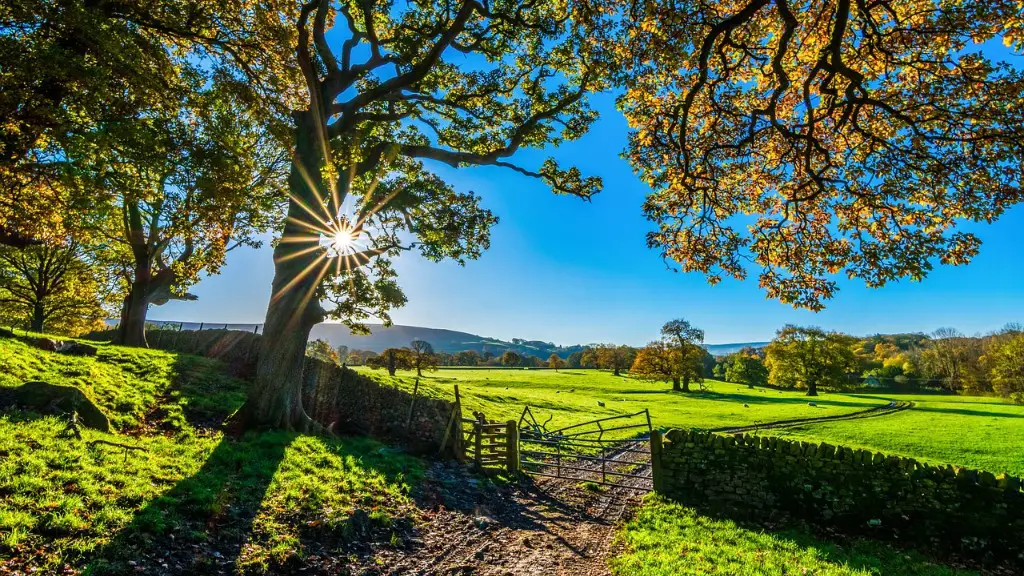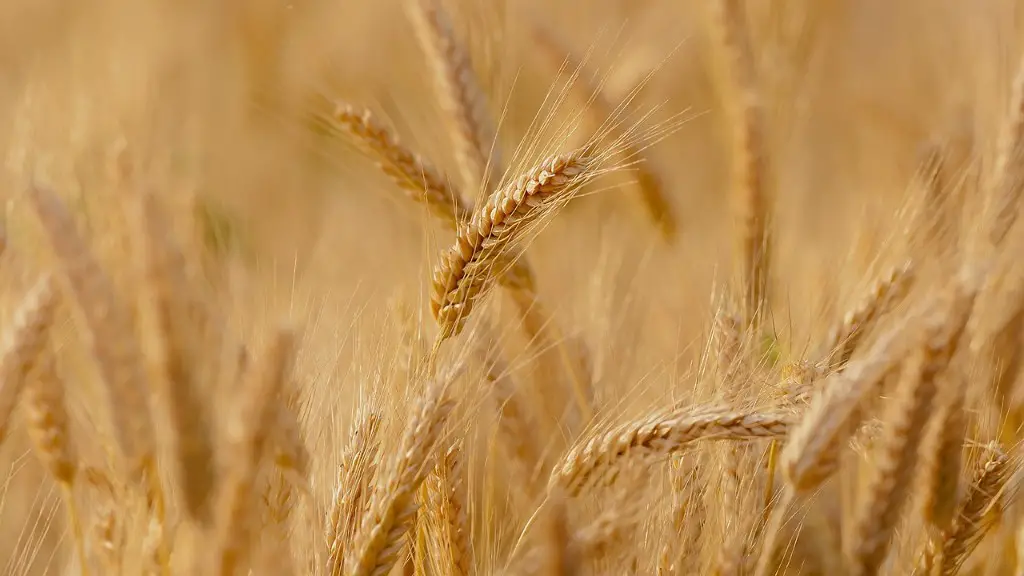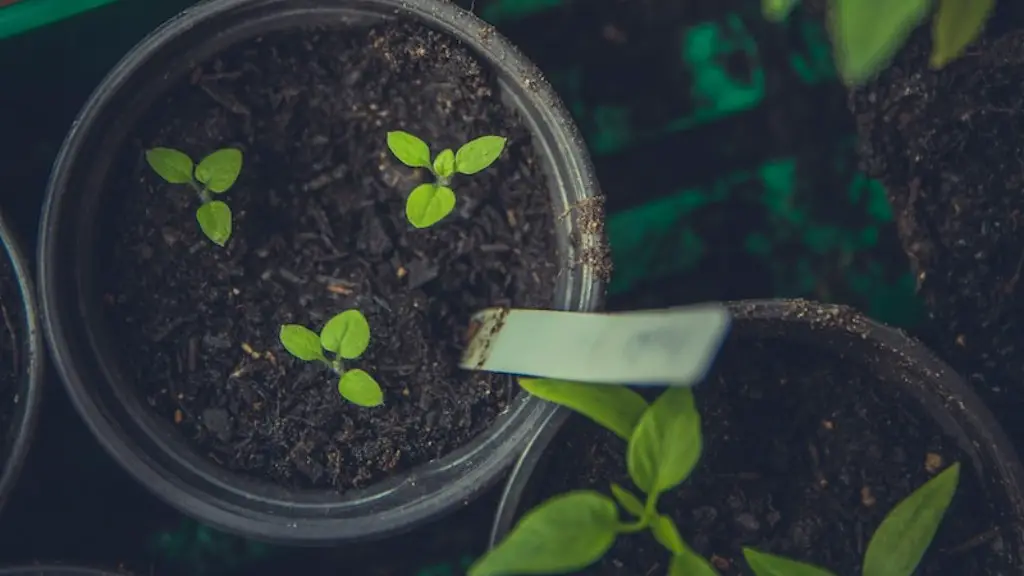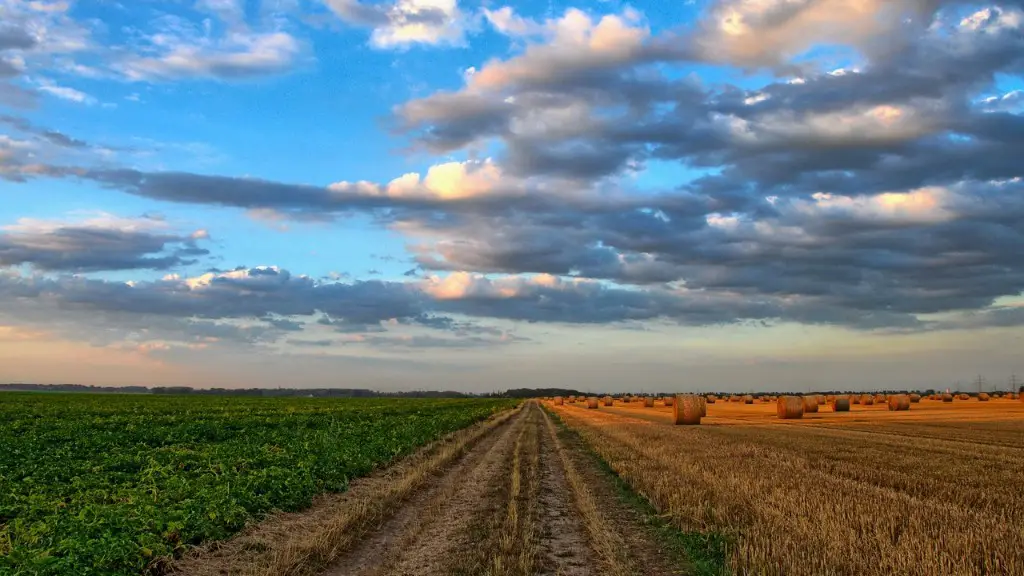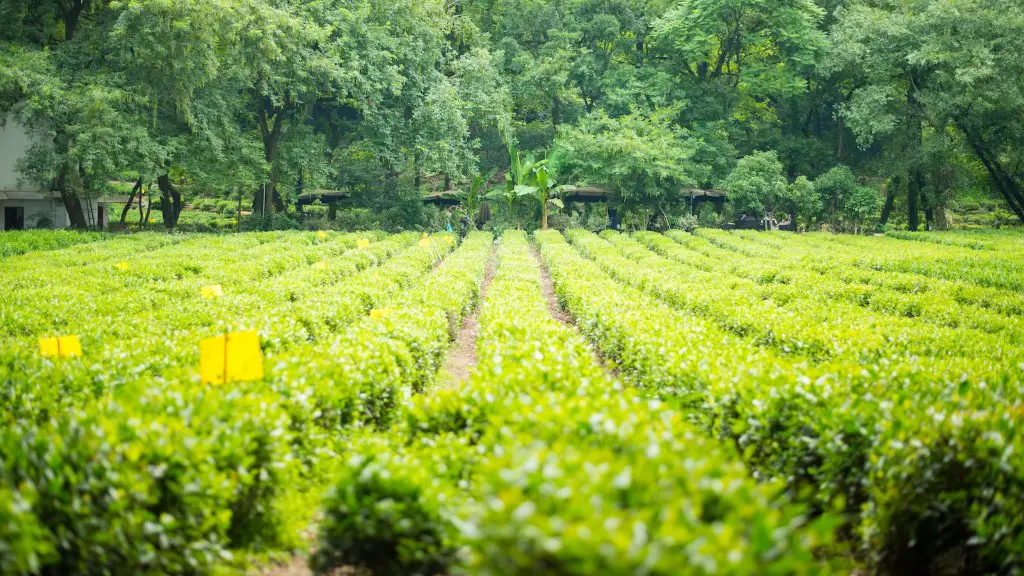In the early 1600s, the Virginia Colony was heavily reliant on agriculture. The Virginia Company, which oversaw the colony, encouraged the growth of tobacco as the primary crop. This had a profound effect on the colony, as the demand for tobacco led to an increase in the number of plantations and the importation of slaves. The colony also became more stratified, with a small group of wealthy landowners at the top and a large pool of laborers at the bottom. This period was also marked by a decline in the Native American population, as the colonists appropriated more and more of their land for farming.
The Virginia Colony was founded in 1607 and was the first English settlement in North America. The colony was originally established as a joint-stock company with the primary purpose of making a profit for the investors. The colonists were not initially interested in farming, but the joint-stock company required that they grow crops to generate income. The Virginia Company supplied the colonists with seeds and instructions on how to farm, but the colonists still struggled to grow crops successfully. The advice from the company was not always accurate, and the colonists did not have the experience or knowledge to deal with the challenges of farming in Virginia. The soil was also poor and the climate was not always ideal for growing crops. The colonists did not make a profit from their farming efforts in the early years, and many of them became disillusioned with the colony. The Virginia Company’s charter was revoked in 1624, and the colony was taken over by the English Crown. The Crown placed more emphasis on farming, and the colonists were able to eventually become successful farmers. Agriculture had a positive effect on the Virginia Colony over time, but it was a difficult transition for the colonists.
What was the agriculture in the Virginia colony?
The colonists in Virginia only grew corn and wheat for use by their families. Other crops were grown, but mostly for individual consumption. As Virginia’s Piedmont became more populated during the 19th century, the area became a major tobacco producer.
Agriculture was a major part of the early economy of Virginia. The Jamestown settlers already farmed wheat and corn for their own sustainability and then learned from the Native Americans how to farm tobacco too, which soon became Virginia’s first export. The settlers learned how to farm and trade tobacco.
Was the agricultural crop that established Virginia as a successful colony
Tobacco quickly became the primary crop of Virginia, and its production shaped the development of the colony. Tobacco was in high demand in Europe, and the colonists were able to get wealthy by selling it. However, the production of tobacco was labor-intensive, and the colonists had to rely on enslaved Africans to do the work. This led to the growth of slavery in Virginia, which had a profound impact on the colony’s development.
Tobacco was first introduced to the Virginia colony by English settlers in the early 1600s. At first, the colonists traded tobacco for food brought by ships from other colonies. But when John Rolfe discovered that the West Indies tobacco, which he called Orinoco tobacco, could be grown in Virginia, it saved the colony. Over the next decades, tobacco became a very profitable crop.
What agriculture is Virginia known for?
Virginia’s top 20 farm commodities are ranked according to the cash receipts they generated in 2017. The top four commodities were broilers (chicken), cattle and calves, miscellaneous crops, and turkeys. Together, these four commodities generated over 1.6 billion dollars in cash receipts.
The impact of agriculture and forest industries on the economy is significant. The total economic impact of agriculture industries was $823 billion in total industry output, 381,844 jobs, and $438 billion in value-added. Forest industries had a total impact of $236 billion in total industry output, 108,451 jobs, and $113 billion in value-added. These industries are important contributors to the economy and their impact is felt across the country.
Why is agriculture important to Virginia?
Agriculture is a vital industry in Virginia, accounting for the state’s largest private economic impact. Every year, the industry generates $823 billion in economic activity and provides 381,800 jobs in the Commonwealth. Additionally, the value-added impact of agriculture totals $438 billion annually. These figures underscore the importance of agriculture to Virginia’s economy and highlight the sector’s significant contribution to the state’s overall prosperity.
The Virginia colony’s agricultural success, specifically with tobacco, resulted in an increased demand for labor which was met through the slave trade. The institution of slavery in the Virginia colony was largely influenced by the need for a reliable and affordable labor force to maintain the colony’s agricultural production.
What crop made the Virginia colony wealthy and successful
Tobacco has been a key part of Virginia’s economy and history dating back to the early 1600s. The industry has made the state prosperous and has played a key role in Colonial and early American politics. Today, tobacco is still an important part of Virginia’s economy, but the state has also diversified its economy to include other industries.
Tobacco became Virginia’s “gold” in 1614 when people began trading it for money and supplies. English people loved tobacco and it made the colony wealthy. However, tobacco is not actually gold.
What crop helped Virginia become a valuable English colony?
John Rolfe is known for introducing the tobacco plant to the Virginia colony. He believed that the Virginia climate might be ideal for tobacco growth, and the plant quickly became a cornerstone of the Virginia economy. Rolfe’s peers knew him as an ardent smoker, and his impact on the Virginia colony was significant.
Corn and tobacco were two of the most important crops to the Virginia colonists. Corn was a highly sought-after grain and was used by Native Americans as a major bartering tool. Through tobacco, Virginia Natives helped form the economic basis of the first successful English colony in North America. Tobacco became a major export for the colony and was crucial to its development.
What saved the Virginia colony from failure
Tobacco changed everything. It saved Virginia from ruin, incentivized further colonization, and laid the groundwork for what would become the United States. Tobacco was first cultivated in Virginia in 1617 and within a few years had become the colony’s primary export. The demand for tobacco soon proved too much for Virginia to supply, and the price of the crop skyrocketed. This created a financial windfall for the colony, which was then able to invest in further colonization and infrastructure. Tobacco also played a role in the development of the United States’ economic and political systems. The crop was a major reason for the growth of slavery in the colonies, and it was also a major source of revenue for the young nation.
Rolfe’s cultivation of tobacco in the West Indies before 1611 helped to break the Spanish monopoly on tobacco and create a stable economy for Virginia. Rolfe probably obtained the tobacco seeds from Trinidad or some other Caribbean location, and when the new tobacco was sent to England, it proved immensely popular. This popularity helped to make Virginia a stable economy.
What helped stabilize the economy of the Virginia colony?
Indentured servants were an important part of Virginia’s economy and society in the 1620s. They provided cheap labor that was essential for the colony’s survival. After they had served their time, the indentured servants were free. This meant that they were able to find other jobs and contribute to the economy in other ways.
The Virginia colony’s economy depended heavily on agriculture, with tobacco being the most profitable crop. This tobacco was then sold in England as a cash crop. This system proved to be very lucrative for the colony, and helped them to grow and prosper.
Final Words
The agricultural revolution in Virginia led to an increase in the number of farms and the size of farms. This, in turn, allowed for the growth of the Virginia colony.
The Virginia Colony was greatly affected by the introduction of agriculture. The colony enjoyed a period of prosperity and growth due to the abundance of food that was produced. However, the colony eventually faced difficulties due to the over-exploitation of the land and the depletion of resources.
